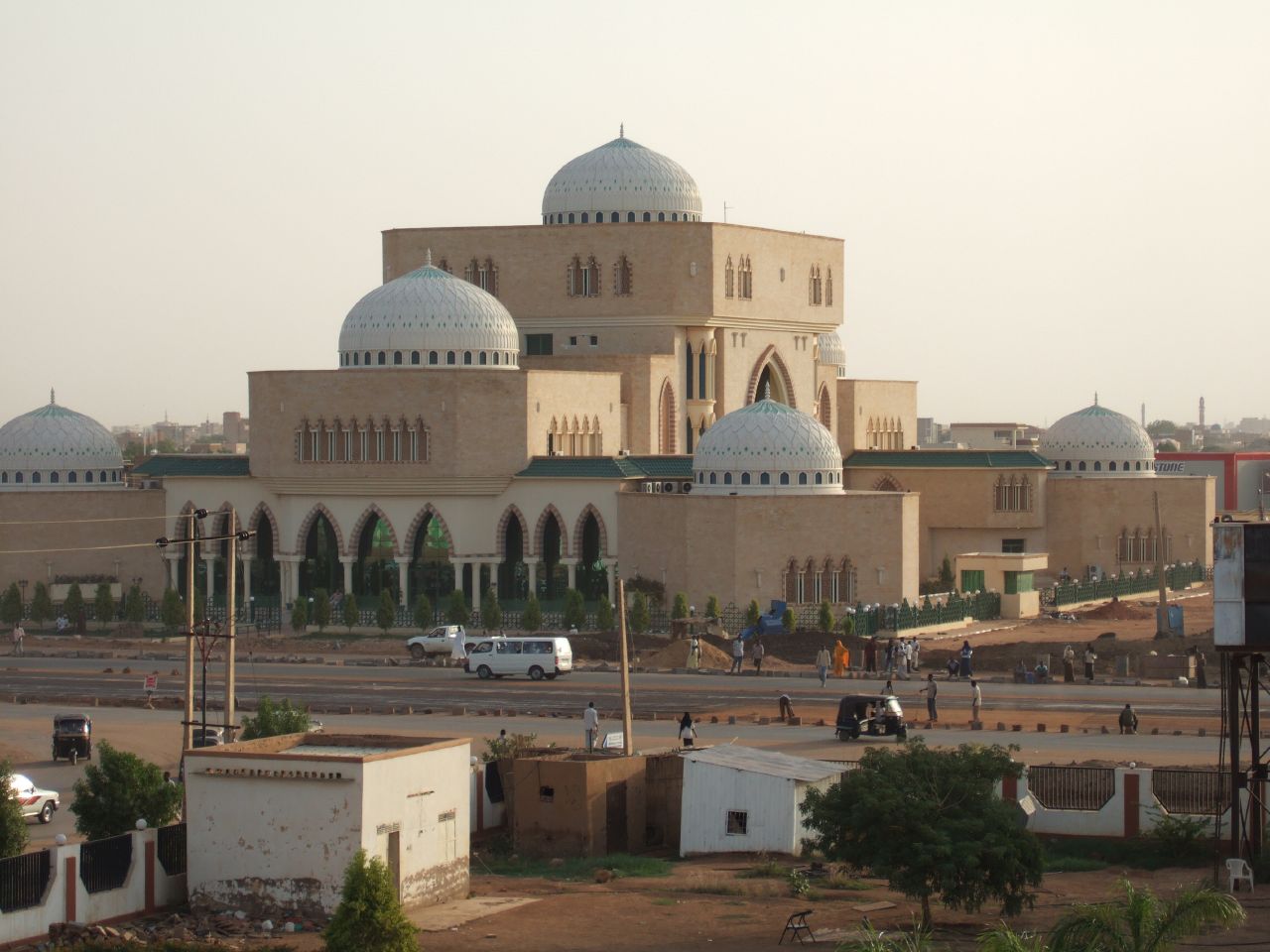Cities with Compassion
Sudanese people have a reputation as some of the most hospitable people in the Arab world. While physical threats like violence are virtually unheard of, minor property crimes do unfortunately occur from time to time. However, the strong community bonds and sense of shared responsibility help make up for the small risks. Visitors to Khartoum are unlikely to feel unsafe, and may find the warm welcome and kindness of strangers to be the highlight of their trip.
A Nightlife Focused on Friendship
While nightclubs and parties are not a major part of Khartoum’s culture, locals love spending evenings outside socializing. It’s common to see families and friends strolling the streets well after dark without concern. As one resident noted, children often travel independently around the city at night while parents feel secure in their safety. This relaxed environment stems from the deep trust between community members in Sudan. People look out for each other and will readily come to someone’s aid if needed.

A History of Hospitality
Traditional Arab courtesy toward guests defines Sudanese society. For centuries, travelers could expect open doors and a place at the table from complete strangers. This ethos of protecting visitors continues today. As one commenter shared, a Sudanese person would invite a foreigner inside for a meal simply due to their belief in hospitality as a cultural practice. Even with modern global influences, people of Sudan still take pride in upholding their historic reputation for kindness toward outsiders. Their welcoming nature helps visitors feel at ease.
Minor Property Crime Does Occur
While rare, opportunistic theft does happen on occasion in Khartoum. As the comments acknowledge, some burglaries target cash and electronics left unattended. However, these incidents almost never turn violent. Criminals seem to prefer stealth over confrontation. With basic precautions like locking doors and valuables out of plain sight, visitors have little to fear. And as the community prioritizes neighborly protection, neighbors often look out for each other’s homes as well. Overall the infrequent property offenses do not undermine Khartoum’s deserved status as one of the safest destinations in North Africa.
A Passionate but Non-Violent Culture
Sudanese culture embraces strong emotions and spirited discussions. People communicate emphatically with expressions and gestures. However, comments stress this passion does not equate to aggression or threats of harm. Conflict gets resolved through open-hearted dialogue not violence. Even if disagreements arise, Sudanese society teaches resolving issues respectfully without endangering others. Visitors witnessing the animated conversations need not worry about safety. This exuberant communication style exists separately from any tolerance for physically dangerous behaviors.
Crimes Target Property, Not People
Researching crime statistics from Khartoum supports what local comments convey - violence against individuals almost never occurs. The most that opportunistic criminals seem willing to attempt involves sneaking into homes and businesses for petty theft. These offenses target money and consumer goods, not lives. Kidnappings, muggings, assaults, and other security issues plaguing cities elsewhere fail to materialize in Sudan’s capital. Tourists and long-term residents alike feel protected walking openly day or night without guards or precautions beyond common-sense measures. Physical threats receive no acceptance or encouragement.
Trust Between Community Members
Comments praised how Sudanese society highly values neighborly assistance and defending each other from harm. People believe in protecting fellow citizens as an expected reciprocal courtesy. This sense of communal solidarity helps make Khartoum very secure despite its large population size. Local bonds of trust counterbalance minor property offenses. With such strong social cohesion prioritizing community well-being, it follows that violent predatory acts like assault become essentially non-existent. Visitors witness and benefit directly from these close interpersonal relationships that underpin the city’s safe atmosphere.
Contributing Factors to Low Crime
Several cultural factors could contribute to Khartoum’s impressive safety record compared to many world cities. Beyond hospitality and communal responsibility, conservative social mores may discourage reckless or predatory behaviors. Poverty likely plays a role too, as less inequality tends to correlate with less violence. Also, Sudan experienced decades of isolation limiting exposure to problems afflicting more globalized places. Regardless of root causes, visitors enjoy the low-stress, risk-free environment and feel confident in their protection among Khartoum’s warmhearted people. Safety ranks as a major asset for the city attracting more tourists in the future.
An Ideal Destination for Travelers Seeking Peace of Mind
By all accounts from residents and travelers alike, Khartoum delivers an experience of safety and security unmatched in much of the developing world. Basic risk awareness covers most contingencies, like watching over valuables in public. But beyond typical big city concerns, physical threats fail to materialize. Citizens cultivate an atmosphere of mutual assistance through strong communal relationships and focus on conflict resolution through polite discussion. Visitors gain far more than just protection - they receive quintessential Arab hospitality in a stress-free setting conducive for creating joyful memories and fostering cross-cultural friendships. In a world containing many unstable places, Sudan’s capital stands out as a major success story for maintaining public order through compassionate, community-driven methods.

 Traveling to Northeast Asia During COVID-19: An Indonesian's Guide
Traveling to Northeast Asia During COVID-19: An Indonesian's Guide